Advanced MS Treatment: Stem Cells in UAE
-in-UAE.png)
Multiple Sclerosis (MS) is a complex, chronic autoimmune disease affecting the brain and spinal cord. It can lead to a wide range of symptoms, including fatigue, numbness, vision problems, and difficulty with walking and balance. While there is no definitive cure for MS, advancements in medical science are continuously offering new and promising treatment options. One such area gaining significant attention is stem cell therapy. The United Arab Emirates (UAE) has emerged as a hub for advanced medical treatments, including stem cell therapy for MS, drawing patients seeking innovative solutions. This blog post will delve into the various aspects of stem cell therapy for Multiple Sclerosis in the UAE, addressing common questions and providing detailed insights into its effectiveness, safety, costs, and the regulatory landscape.
What is Stem Cell Therapy for Multiple Sclerosis?
"Stem cell therapy for Multiple Sclerosis involves using stem cells to modulate the immune system, reduce inflammation, and potentially repair damaged nerve tissue, aiming to slow or halt disease progression and alleviate symptoms."
Stem cell therapy for MS typically involves using hematopoietic stem cell transplantation (HSCT), a procedure that aims to "reset" the immune system. In MS, the immune system mistakenly attacks the myelin sheath, which protects nerve fibers, leading to damage and disruption of nerve signals. HSCT works by removing the faulty immune cells and then reintroducing healthy stem cells to rebuild a new, more tolerant immune system. This process helps to curb the autoimmune attacks and can significantly reduce the frequency and severity of MS relapses, and in some cases, even improve neurological function. Beyond HSCT, other forms of stem cell therapy, such as the use of mesenchymal stem cells (MSCs), are also being explored for their anti-inflammatory and regenerative properties, though these are often still within clinical trial settings for MS.
Can Stem Cell Therapy Cure Multiple Sclerosis?
"While stem cell therapy, particularly hematopoietic stem cell transplantation (HSCT), can significantly halt the progression of Multiple Sclerosis and improve quality of life, it is not currently considered a definitive cure."
Stem cell therapy, especially HSCT, has shown remarkable potential in stabilizing or improving the condition of individuals with Multiple Sclerosis, particularly those with highly active or aggressive forms of the disease who haven't responded to conventional treatments. The goal of HSCT in MS is to stop the autoimmune attacks that cause nerve damage, thereby preventing further disability. Many patients experience a significant reduction in new lesions on MRI scans and a stabilization or improvement in their neurological symptoms. However, it's crucial to understand that while it can be highly effective in arresting disease activity, it may not reverse all existing neurological damage, nor does it guarantee a complete absence of future disease activity, hence why it is not labeled as a "cure" in the traditional sense. Ongoing research continues to explore the full regenerative potential of stem cells for MS.
Is Stem Cell Therapy for MS Available in the UAE?
"Yes, stem cell therapy for Multiple Sclerosis is available in the UAE, with leading institutions like the Abu Dhabi Stem Cells Center (ADSCC) actively involved in providing and researching advanced stem cell treatments, including bone marrow transplants for MS."
The UAE has made significant strides in medical innovation and advanced healthcare services. The Abu Dhabi Stem Cells Center (ADSCC) is a prominent example, having performed the region's first bone marrow transplant on a patient with Multiple Sclerosis. This demonstrates the UAE's commitment to offering cutting-edge therapies. Beyond established treatments like HSCT, the ADSCC is also conducting clinical trials, such as the PHOMS Study, which investigates the safety and efficacy of Extracorporeal Photopheresis (ECP) in treating MS, further expanding the range of stem cell-related therapies available. Patients seeking stem cell therapy for MS in the UAE can find specialized expertise and facilities that adhere to international standards of care.
What Types of Stem Cells are Used for MS Treatment in the UAE?
"In the UAE, autologous hematopoietic stem cells (from the patient's own blood or bone marrow) are primarily used for HSCT in Multiple Sclerosis treatment, while mesenchymal stem cells (MSCs) are also explored in clinical trials for their immunomodulatory and regenerative properties."
The most common and established stem cell therapy for MS in the UAE, particularly at centers like ADSCC, is Autologous Hematopoietic Stem Cell Transplantation (AHSCT). "Autologous" means the stem cells are harvested from the patient's own body, usually from the peripheral blood. These hematopoietic stem cells are responsible for forming all types of blood cells, including immune cells. By reintroducing these healthy stem cells after high-dose chemotherapy, the aim is to rebuild a non-autoimmune immune system. Additionally, mesenchymal stem cells (MSCs), often derived from sources like adipose (fat) tissue or umbilical cord, are being investigated in various clinical trials for their ability to suppress inflammation, modulate the immune system, and promote tissue repair, offering another avenue for stem cell research in MS within the UAE.
What is the Cost of Stem Cell Therapy for Multiple Sclerosis in the UAE?
"The cost of stem cell therapy for Multiple Sclerosis in the UAE can vary significantly, ranging from approximately $10,000 to $40,000 USD or more, depending on the specific type of stem cell treatment (e.g., HSCT vs. other cell therapies), the clinic, the patient's condition, and the number of sessions required."
The pricing for stem cell therapy in the UAE is not uniform, as it depends on several factors. For comprehensive procedures like Autologous Hematopoietic Stem Cell Transplantation (AHSCT) for Multiple Sclerosis, the costs can be substantial due to the complexity of the procedure, including hospitalization, chemotherapy, cell collection, and post-transplant care. While some sources mention stem cell treatments starting from AED 1,000 for general applications, specialized treatments for neurological conditions like MS, especially established protocols like HSCT, will be considerably more. It is essential for prospective patients to have a detailed consultation with the chosen clinic in the UAE to obtain an accurate and personalized cost estimate, which should cover all aspects of the stem cell therapy process. It's also important to note that insurance often does not cover experimental or unproven stem cell therapies.
What are the Regulations for Stem Cell Therapy in the UAE?
"The UAE has strict regulations for stem cell therapy, with the Department of Health (DOH) in Abu Dhabi and the Dubai Health Authority (DHA) overseeing and approving clinics and procedures, emphasizing patient safety, ethical practices, and the use of approved adult or induced pluripotent stem cells within a regulated framework."
The UAE is committed to establishing itself as a leader in healthcare innovation while prioritizing patient safety and ethical considerations. Stem cell therapy in the UAE is legal but strictly regulated. Regulatory bodies like the DOH in Abu Dhabi and the DHA in Dubai ensure that clinics offering stem cell treatments are accredited and adhere to rigorous standards. This includes ensuring that only approved stem cell sources, primarily adult stem cells and induced pluripotent stem cells (iPSCs), are used for therapeutic purposes. The use of embryonic stem cells is generally prohibited. The regulations also mandate clear patient consent, thorough explanations of risks and benefits, and ongoing follow-up for patients undergoing stem cell interventions. This structured regulatory environment aims to protect patients and promote responsible and effective stem cell research and application.
How Long Does the Stem Cell Therapy Procedure for MS Take?
"The stem cell therapy procedure for Multiple Sclerosis, particularly Autologous Hematopoietic Stem Cell Transplantation (AHSCT), typically involves several stages over a period of weeks to months, including pre-treatment evaluations, cell mobilization and collection (1-2 weeks), high-dose chemotherapy, and the transplant itself, followed by a recovery period."
The duration of stem cell therapy for MS can vary. For AHSCT, the entire process involves distinct phases. Initially, there's a comprehensive evaluation phase to determine patient eligibility. Following this, the stem cells are mobilized from the bone marrow into the bloodstream, a process that usually takes about 1-2 weeks, during which the cells are collected. Then, the patient undergoes high-dose chemotherapy to eliminate the existing immune system. This phase requires hospitalization and is followed by the infusion of the patient's own collected stem cells. The recovery period immediately after the transplant involves close monitoring for several weeks to months as the new immune system rebuilds. Full immune reconstitution can take up to a year or more. Other types of stem cell therapies being explored for MS might have different timelines, often involving fewer and shorter in-patient stays.
What is the Success Rate of Stem Cell Therapy for MS in the UAE?
"The success rate of stem cell therapy, specifically AHSCT, for highly active Relapsing-Remitting Multiple Sclerosis (RRMS) in the UAE aligns with international data, showing significant rates of halting disease progression and reducing relapses, with some patients experiencing remarkable improvement in symptoms."
The success of stem cell therapy for Multiple Sclerosis largely depends on the type of MS, the patient's disease activity, and the specific stem cell protocol used. For Autologous Hematopoietic Stem Cell Transplantation (AHSCT), which is recognized internationally and performed in the UAE for eligible MS patients, studies have shown a high rate of disease stabilization and reduction in relapse rates, particularly for those with highly active Relapsing-Remitting Multiple Sclerosis (RRMS) who have not responded to conventional disease-modifying therapies. Some patients have reported significant improvements, including regaining mobility. It's important to understand that while the outlook can be very positive, individual responses vary, and complete reversal of all symptoms is not guaranteed. Clinics in the UAE, like ADSCC, are actively tracking outcomes and contributing to the global understanding of stem cell therapy success in MS.
What are the Risks and Side Effects of Stem Cell Therapy for MS?
"The risks and side effects of stem cell therapy for Multiple Sclerosis, particularly with HSCT, can include infection due to immune suppression, infertility, secondary cancers (rarely), and short-term side effects like nausea and fatigue from chemotherapy, requiring careful patient selection and management."
While stem cell therapy, especially HSCT, holds great promise for Multiple Sclerosis, it is a serious medical procedure with potential risks and side effects. The most significant risks are associated with the high-dose chemotherapy administered before the stem cell transplant, which temporarily suppresses the immune system, making the patient highly susceptible to infections. Other potential side effects include:
- Short-term effects: Nausea, vomiting, fatigue, hair loss, and mouth sores are common due to chemotherapy.
- Infertility: Chemotherapy can cause temporary or permanent infertility.
- Secondary cancers: There's a small, long-term risk of developing secondary cancers due to chemotherapy, though this is rare.
- Organ damage: Rarely, chemotherapy can cause damage to organs such as the heart, lungs, or kidneys.
- Graft-versus-host disease (GVHD): While less common in autologous transplants (using the patient's own cells), it's a concern in allogeneic transplants (using donor cells), which are generally not the primary approach for MS. Careful patient selection, extensive pre-treatment evaluation, and rigorous post-treatment monitoring are crucial to minimize these risks.
Who is an Ideal Candidate for Stem Cell Therapy for MS?
"An ideal candidate for stem cell therapy for Multiple Sclerosis, particularly AHSCT, is typically a younger individual with highly active Relapsing-Remitting MS (RRMS) who has experienced significant disease progression despite conventional disease-modifying therapies, and who has good overall health to tolerate the intensive treatment."
Patient selection for stem cell therapy is critical to maximize benefits and minimize risks. For Autologous Hematopoietic Stem Cell Transplantation (AHSCT), the most established stem cell treatment for MS, ideal candidates generally meet specific criteria:
- Type of MS: Most effective for Relapsing-Remitting Multiple Sclerosis (RRMS), especially those with high disease activity. It may be considered for highly aggressive secondary progressive MS, but its effectiveness is less clear for primary progressive MS.
- Disease Activity: Patients who have experienced significant relapses, new lesions on MRI, or escalating disability despite receiving at least one or more conventional disease-modifying therapies.
- Age: Younger patients (typically under 50-55 years old) generally tolerate the treatment better and have better outcomes.
- Overall Health: Good overall health, without significant comorbidities that would make the intensive chemotherapy and transplant process too risky.
- No active infections: Patients should not have any active infections before undergoing the procedure. A thorough evaluation by a multidisciplinary team, including neurologists and hematologists, is essential to determine suitability.
What is the Recovery Process After Stem Cell Therapy for MS?
"The recovery process after stem cell therapy for Multiple Sclerosis, especially AHSCT, involves a period of isolation to prevent infection as the immune system rebuilds, followed by gradual return to normal activities, with full immune recovery taking several months to over a year."
The recovery process after Autologous Hematopoietic Stem Cell Transplantation (AHSCT) for Multiple Sclerosis is a critical phase that requires patience and careful management.
- Initial Hospital Stay: Patients typically remain in the hospital for several weeks after the stem cell infusion. During this time, their immune system is severely suppressed due to chemotherapy, making them vulnerable to infections. Strict isolation protocols are followed.
- Immune Reconstitution: The infused stem cells begin to engraft in the bone marrow and produce new blood cells, including immune cells. This process can take several weeks, during which patients receive supportive care, including blood transfusions and antibiotics as needed.
- Post-Discharge Care: Once discharged, patients continue to be closely monitored through regular follow-up appointments. They are often advised to avoid crowds and maintain strict hygiene to minimize infection risk.
- Gradual Return to Activities: The return to normal activities is gradual, depending on the individual's recovery rate. Full immune system recovery can take anywhere from 6 months to over a year. During this time, patients may experience fatigue and other lingering side effects.
- Rehabilitation: Physical and occupational therapy may be recommended to help patients regain strength, mobility, and address any neurological deficits.
Are There Any Clinical Trials for Stem Cell Therapy for MS in the UAE?
"Yes, there are clinical trials for stem cell therapy for Multiple Sclerosis in the UAE, particularly at the Abu Dhabi Stem Cells Center (ADSCC), exploring various stem cell applications beyond standard HSCT, such as Extracorporeal Photopheresis (ECP) and investigating other novel approaches."
The UAE is actively engaged in advancing stem cell research and application. The Abu Dhabi Stem Cells Center (ADSCC) is a prime example, not only offering established HSCT but also leading and participating in various clinical trials for Multiple Sclerosis. One notable study is the PHOMS Study, which focuses on evaluating the safety and efficacy of Extracorporeal Photopheresis (ECP) as a potential treatment for MS. These trials aim to explore new and less intensive stem cell-based therapies or combination approaches that could offer benefits to a broader range of MS patients. Patients interested in participating in such trials should consult with the relevant centers, as eligibility criteria are typically strict. This commitment to research underscores the UAE's dedication to finding more effective solutions for Multiple Sclerosis.
Which Medical Facilities Offer Stem Cell Therapy for MS in the UAE?
"Specialized medical facilities in the UAE offer stem cell therapy for Multiple Sclerosis, specifically Autologous Hematopoietic Stem Cell Transplantation (AHSCT), and are actively involved in related research and clinical trials, adhering to international standards of care."
When considering stem cell therapy for Multiple Sclerosis in the UAE, it is crucial to seek out specialized medical facilities that have proven expertise. These facilities are equipped with state-of-the-art laboratories, including Good Manufacturing Practice (GMP) certified facilities, and a multidisciplinary team of experts. While other medical centers in the UAE may offer general stem cell therapies for various conditions, for a complex autoimmune disease like MS, it is essential to choose centers with specific experience and established protocols that align with international guidelines for HSCT in MS. Patients should always ensure that any medical facility they consider is fully licensed and accredited by the relevant UAE health authorities, such as the Department of Health (DOH) in Abu Dhabi or the Dubai Health Authority (DHA).
What is the Difference Between Autologous and Allogeneic Stem Cell Therapy for MS?
"Autologous stem cell therapy for MS uses the patient's own stem cells, while allogeneic stem cell therapy uses stem cells from a donor; autologous HSCT is the primary established stem cell treatment for MS due to lower risks of rejection and graft-versus-host disease."
The distinction between autologous and allogeneic stem cell therapy is fundamental in Multiple Sclerosis treatment:
- Autologous Stem Cell Therapy (Autologous HSCT): In this approach, stem cells are harvested from the patient's own body (typically from their blood or bone marrow). These stem cells are then processed and stored. After the patient undergoes high-dose chemotherapy to ablate their existing immune system, their own stored stem cells are re-infused. The main advantage of autologous therapy is that there is no risk of graft-versus-host disease (GVHD) or rejection, as the body recognizes its own cells. This is the most common and established form of stem cell therapy for MS.
- Allogeneic Stem Cell Therapy: This involves using stem cells from a healthy donor (e.g., a compatible sibling or unrelated donor). While allogeneic transplants are common for certain blood cancers, they are generally not the preferred approach for MS due to the higher risk of complications, particularly graft-versus-host disease (where the donor cells attack the recipient's tissues), and the need for lifelong immunosuppression. Research is ongoing into specific situations where allogeneic approaches might be considered for autoimmune diseases, but for MS, autologous HSCT remains the focus.
Does Insurance Cover Stem Cell Therapy for MS in the UAE?
"Generally, insurance does not cover experimental or unproven stem cell therapies for Multiple Sclerosis in the UAE; however, for established procedures like Autologous Hematopoietic Stem Cell Transplantation (AHSCT), coverage might be possible if it's deemed a medically necessary and approved treatment for eligible patients, though this varies greatly by policy."
Insurance coverage for stem cell therapy for MS in the UAE is a complex issue. For many stem cell treatments that are still considered experimental or are part of clinical trials, insurance providers typically do not offer coverage. This is because these therapies may not yet have definitive evidence of long-term efficacy and safety, or they may not be recognized as standard-of-care treatments by all insurance companies. However, for established procedures like Autologous Hematopoietic Stem Cell Transplantation (AHSCT), which has a growing body of evidence supporting its use for highly active Relapsing-Remitting MS, some insurance policies might provide coverage if the procedure is performed at an approved facility and meets strict medical necessity criteria. Patients are strongly advised to contact their insurance provider directly and obtain pre-authorization for any stem cell therapy to understand their specific coverage, exclusions, and financial obligations.
What Research is Being Done on Stem Cells and MS in the UAE?
"The UAE is actively engaged in stem cell research for Multiple Sclerosis, with specialized medical centers leading efforts in clinical trials and investigating regenerative approaches, contributing to global advancements in MS treatment."
The UAE is positioning itself as a hub for medical innovation, and stem cell research is a significant part of this vision. Specialized medical centers are at the forefront of this effort, undertaking various research initiatives related to Multiple Sclerosis. This includes not only providing established Autologous Hematopoietic Stem Cell Transplantation (AHSCT) but also conducting and participating in clinical trials to explore new stem cell-based therapies. Beyond specific clinical applications, there's also a focus on fundamental research into the regenerative potential of different stem cell types and how they can be harnessed to repair nerve damage, reduce neuroinflammation, and potentially reverse disability in MS patients. The UAE's commitment to government-backed innovation and collaborations with international institutions aims to accelerate breakthroughs in regenerative medicine for MS.
How to Find a Reputable Medical Facility for Stem Cell Therapy for MS in the UAE?
"To find a reputable medical facility for stem cell therapy for Multiple Sclerosis in the UAE, focus on institutions that are accredited by local health authorities (DOH, DHA), have a strong track record, participate in clinical trials, and offer established MS-specific stem cell protocols like HSCT."
Finding a reputable medical facility for stem cell therapy is crucial, especially for a complex condition like Multiple Sclerosis. Here are key steps and considerations for identifying trustworthy providers in the UAE:
- Accreditation and Licensing: Ensure the medical facility is licensed and accredited by relevant UAE health authorities, such as the Department of Health (DOH) in Abu Dhabi or the Dubai Health Authority (DHA). This signifies adherence to established medical standards and regulations.
- Specialization and Expertise: Look for centers that specifically mention expertise in neurological conditions and autoimmune diseases, and have dedicated programs for Multiple Sclerosis.
- Established Protocols: Verify that the medical facility offers established and internationally recognized stem cell therapy protocols for MS, such as Autologous Hematopoietic Stem Cell Transplantation (AHSCT), rather than unproven or experimental treatments marketed with exaggerated claims.
- Transparency and Patient Education: A reputable medical facility will be transparent about the procedure, potential benefits, risks, and costs. They should provide comprehensive patient education and ensure informed consent.
- Multidisciplinary Team: The best medical facilities will have a multidisciplinary team of specialists, including neurologists, hematologists, immunologists, and rehabilitative therapists, collaborating on patient care.
- Research and Clinical Trials: Medical facilities involved in ongoing stem cell research and clinical trials often indicate a commitment to advancing medical science and staying at the forefront of therapeutic developments.
- Patient Testimonials and Referrals: While not the sole factor, positive patient testimonials and referrals from healthcare professionals can offer insights into the quality of care provided by the medical facility. Always conduct thorough research and, if possible, seek a second opinion before committing to any stem cell therapy.
Can Stem Cells Regenerate Myelin in MS Patients?
"While stem cell therapy, particularly MSCs, shows promise in promoting myelin regeneration and neuroprotection in laboratory and preclinical studies, significant myelin regeneration in human Multiple Sclerosis patients is still largely an area of ongoing research and clinical trials, rather than a widely established outcome."
One of the most exciting potentials of stem cell therapy for Multiple Sclerosis lies in its ability to promote myelin regeneration. Myelin is the protective sheath around nerve fibers that is damaged in MS, leading to impaired nerve signal transmission. Certain types of stem cells, especially Mesenchymal Stem Cells (MSCs), have demonstrated properties that could contribute to remyelination. These properties include:
- Immunomodulation: Reducing the inflammatory environment that prevents myelin repair.
- Trophic Factor Secretion: Releasing growth factors and other molecules that support the survival and differentiation of myelin-producing cells (oligodendrocytes).
- Direct Differentiation (less proven in humans): Some studies suggest that stem cells might directly differentiate into myelin-producing cells, although this is more challenging to achieve and confirm in human disease. While animal models and in vitro studies have shown encouraging results for myelin regeneration with stem cells, translating these findings into significant and consistent remyelination in human MS patients remains a complex challenge and a major focus of ongoing stem cell research. Current stem cell therapies like AHSCT primarily aim to halt immune attacks, indirectly allowing for some natural repair mechanisms, rather than directly regenerating large amounts of myelin.
Explore PlacidWay for comprehensive solutions in medical tourism, healthcare services, and advanced treatments worldwide.


.png)


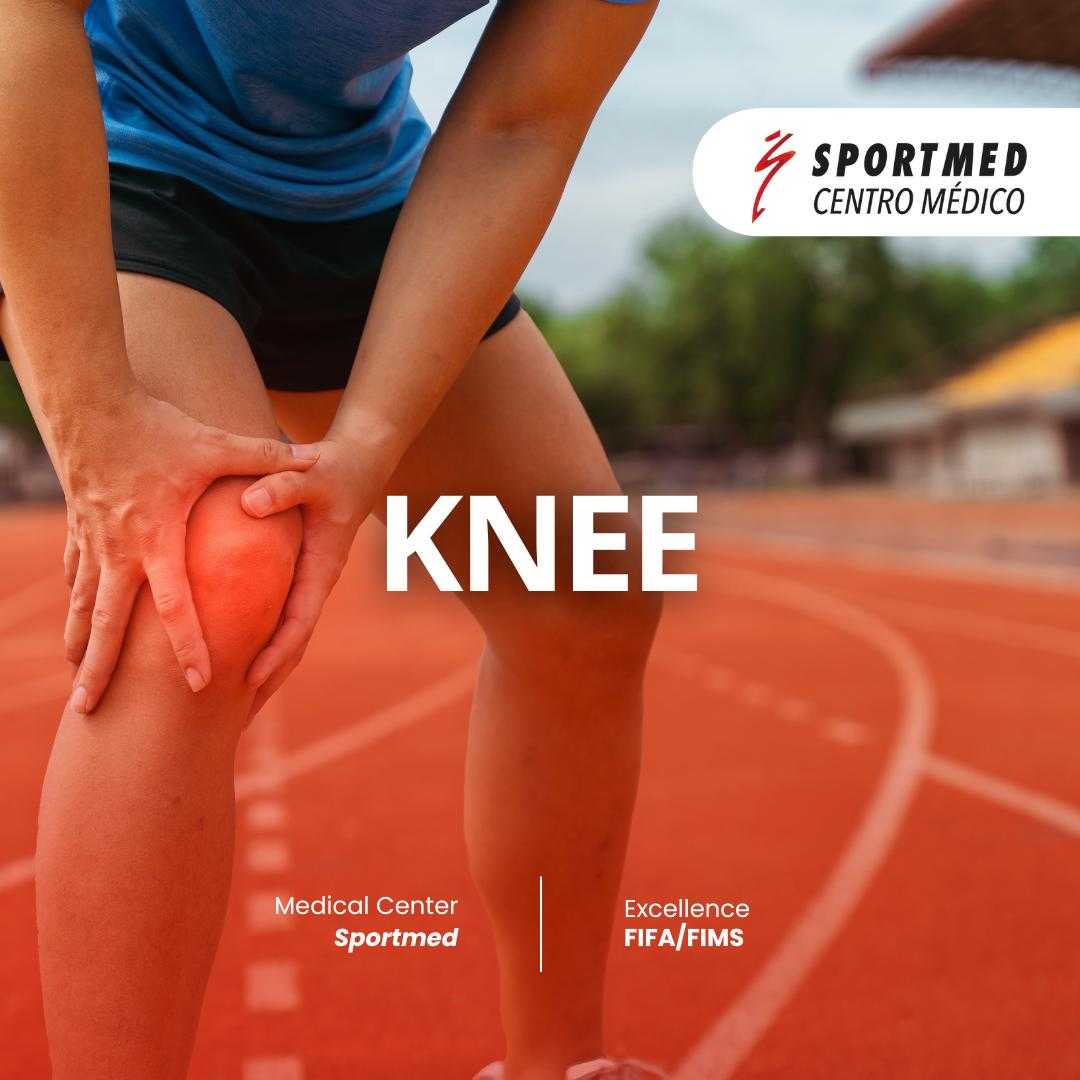

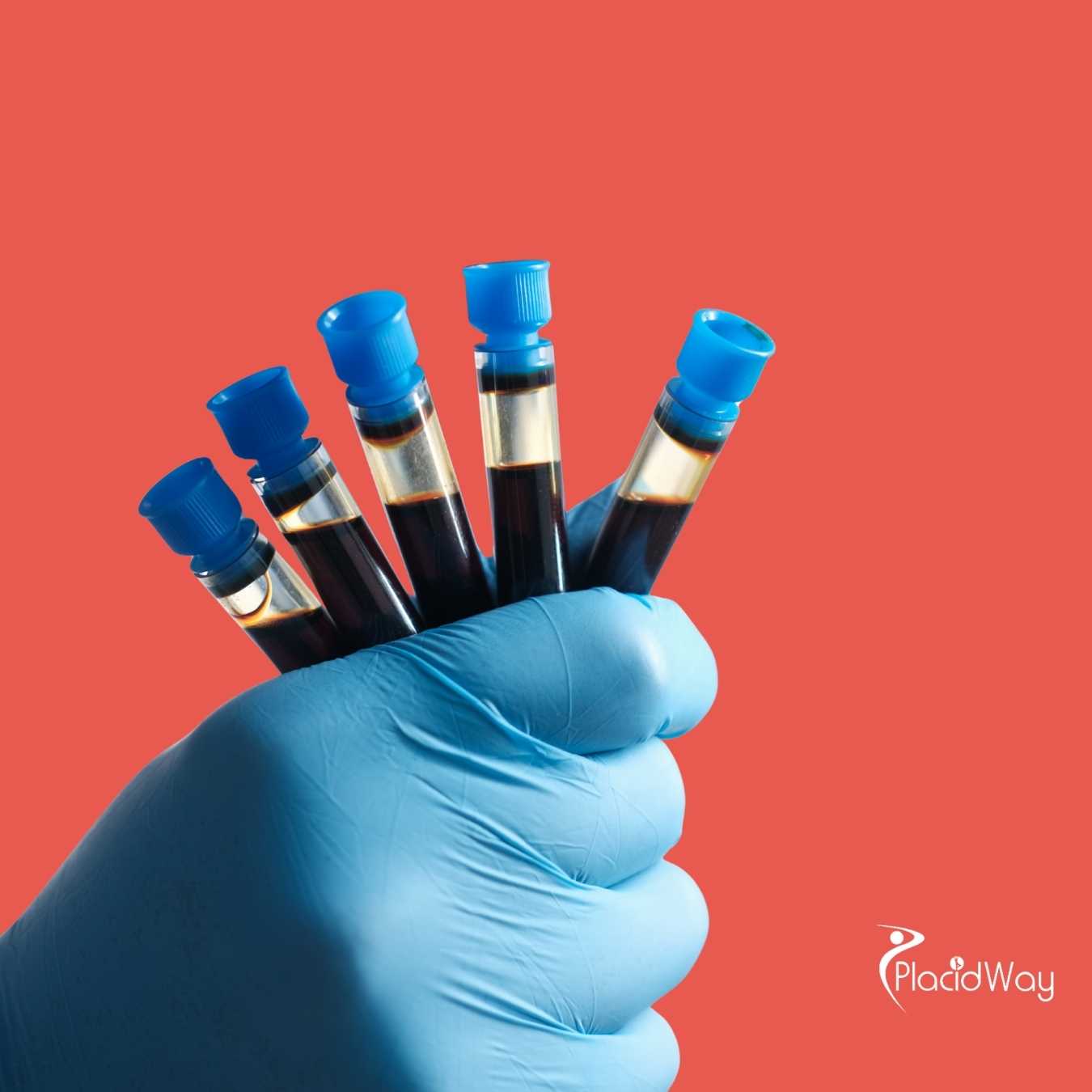


.jpg)
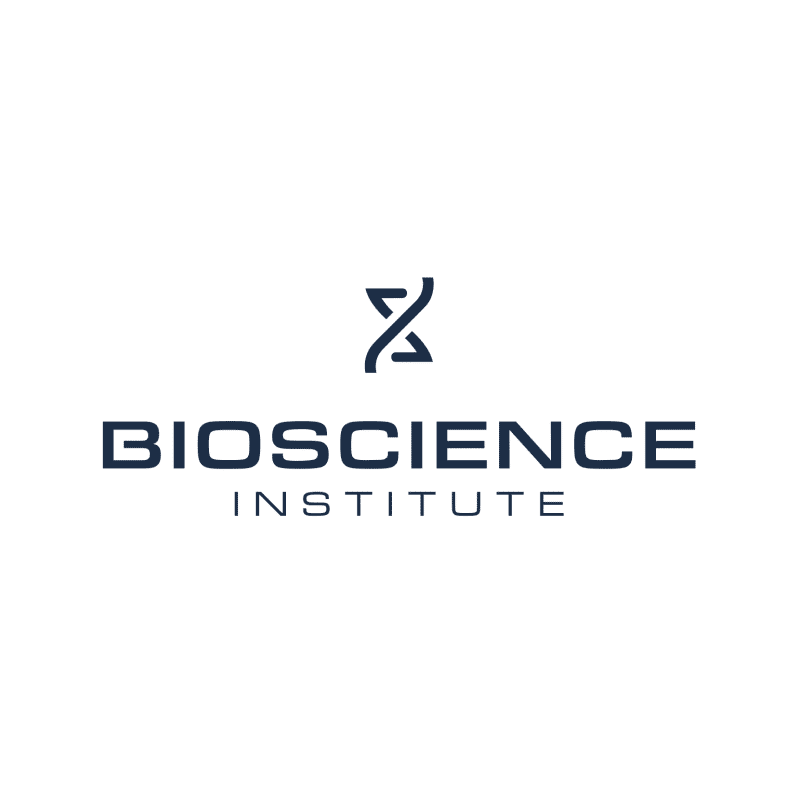

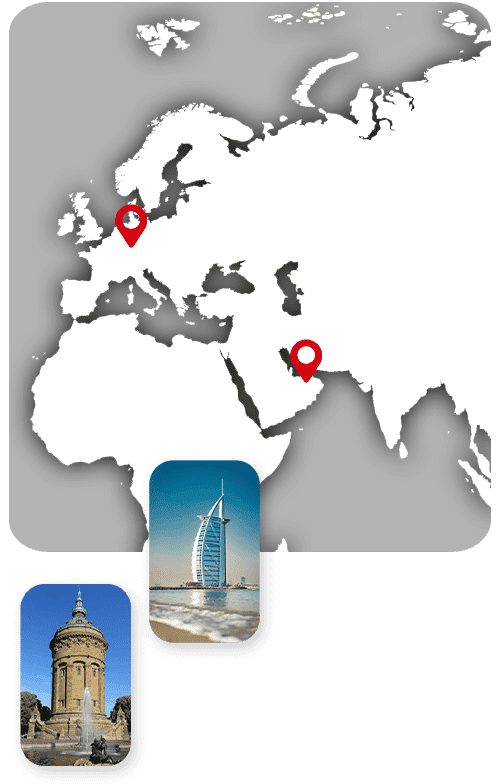

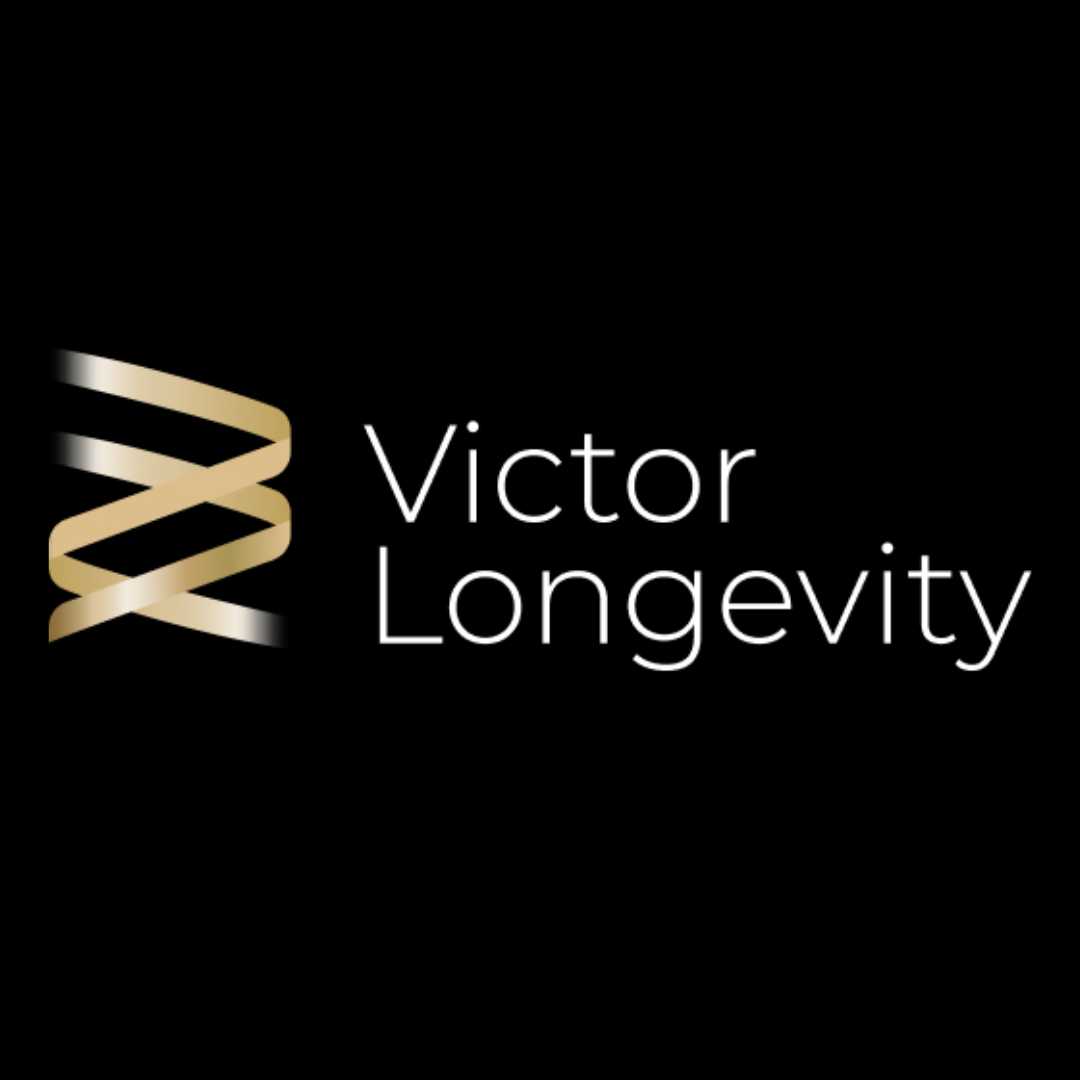

Share this listing